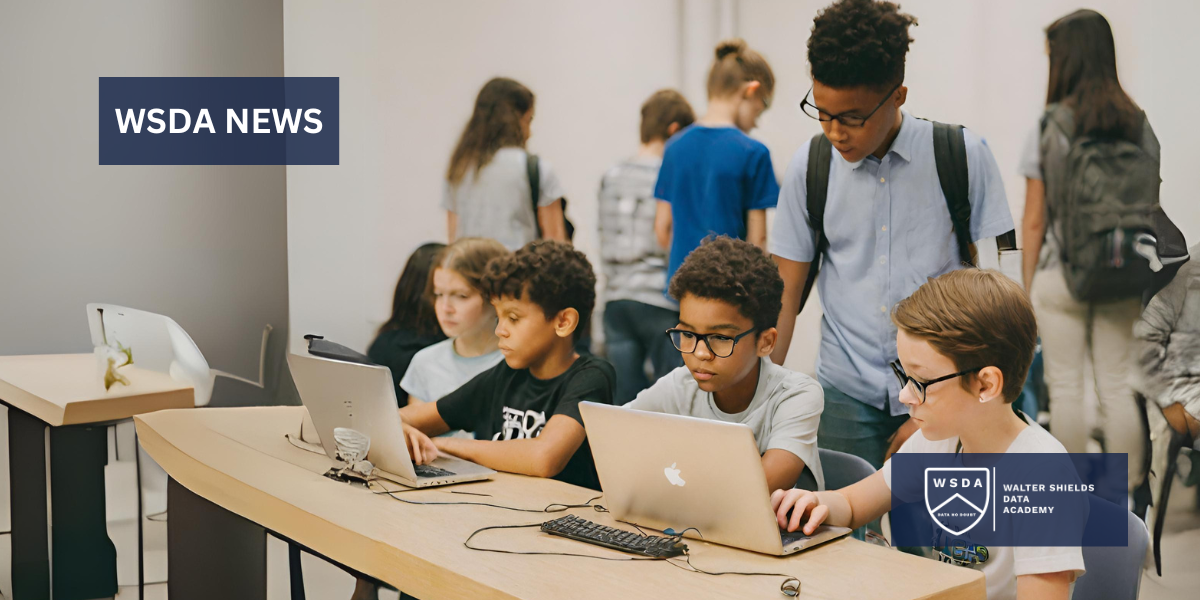Why Jensen Huang Thinks Kids Shouldn’t Learn to Code

At the recent World Government Summit in Dubai, Nvidia CEO Jensen Huang made headlines by advising youngsters not to learn how to code. Instead, he believes that with the rise of artificial intelligence (AI), programming is no longer a critical skill. In this post, we will look into Huang’s reasoning and explore why he thinks AI should take care of coding tasks.
Huang argues that as AI continues to advance, it will become more adept at programming than humans. This means that individuals can focus on developing expertise in other areas such as biology, education, manufacturing, or farming. By leaving coding up to AI, humans can tap into their creativity and problem-solving skills without being bogged down by technical details. This shift in focus could lead to groundbreaking innovations in various industries that benefit society as a whole.
Moreover, Huang believes that learning to code may become obsolete in the future as AI becomes more integrated into our daily lives. With AI-powered tools and platforms handling the bulk of programming tasks, individuals may not need to possess coding skills to thrive in their careers. Instead, they can leverage the capabilities of AI to streamline processes and drive efficiency in their work.
Critics argue that by discouraging children from learning how to code, we risk losing out on valuable problem-solving and analytical skills that come with programming. However, Huang counters this by emphasizing the importance of adapting to technological advancements. He believes that as AI becomes more prevalent, individuals should focus on acquiring knowledge and skills that complement AI rather than duplicate its capabilities.
While Jensen Huang’s stance on kids not learning how to code may seem controversial at first glance, it sheds light on the evolving landscape of technology and its impact on education. As AI continues to reshape industries and redefine job roles, it is essential for individuals to adapt and embrace new opportunities for growth and innovation. By leveraging the power of AI for coding tasks, humans can channel their energies towards areas where creativity and critical thinking are indispensable.
Jensen Huang’s perspective on coding offers a fresh take on how we should approach education and career development. While his advice may challenge traditional views on tech literacy, it opens up a dialogue about the role of AI in shaping the future workforce. Ultimately, whether kids should learn how to code or leave it up to AI is a question worth pondering as we navigate through the ever-changing landscape of technology.

